22 April 2021
Europe Lays Down Its Rules For Human-Centric Artificial Intelligence

The European Commission today published its much-anticipated proposal for a set of guidelines, in the form of rules and actions which aim to turn Europe into the global hub for trustworthy artificial intelligence (AI). The combination of a legal framework together alongside a 2021 coordinated plan with Member States is intended to ensure the safety and fundamental rights of people and businesses, while strengthening uptake, investment and innovation in AI across the EU. New rules on machinery will complement this approach by adapting safety rules to increase users’ trust in the new, versatile generation of products.
Building Trust and Mitigating Risk
By emphasising that ‘trust is a must’, Europe is taking a clear lead in asserting the ethical norms that need to be associated in the use of AI technologies to counter public misgivings without inhibiting competition or innovation in the vast potential across all business and social sectors.
The European approach to AI, which will apply across all Member States, is based on identifying risk. Any AI system which can be considered a clear threat to the safety, livelihoods and rights of people will be banned. Significantly, this includes ‘systems or applications that manipulate human behaviour to circumvent users’ free will (e.g., toys using voice assistance encouraging dangerous behaviour of minors) and systems that allow ‘social scoring’ by governments.’
Before they can be put on the market, high-risk AI systems will be subject to strict obligations that will focus on adequate risk assessment, traceability, detailed documentation, user-friendly information as well as high levels of robustness, security and accuracy. All remote biometric identification systems are included in this high-risk classification.
Other risk categories are ‘limited’ which simply require an advice warning for users; and ‘minimal’ covering most commercial AI systems for which no regulatory intervention is required.
An European Artificial Intelligence Board
A new European Artificial Intelligence Board is to be created to manage the implementation of these rules as well as to help stimulate development and to facilitate cooperation across the EU. This announcement comes in the wake of the European Strategy on AI in 2018 and the subsequent work and publications of the High-Level Expert Group on Artificial Intelligence (HLEG)
Next Steps
The European Parliament and the Council will need to adopt the Commission’s proposals in the ordinary legislative procedure which, once adopted as regulations, will be directly applicable across the EU. In parallel, the Commission will continue to collaborate with Member States to implement the actions announced in the Coordinated Plan.
David Goodman, Trust in Digital Life
21 April 2021
Related Documents:
- Proposal for a Regulation on a European approach for Artificial Intelligence
- Coordinated Plan with Member States
- New Coordinated Plan on Artificial Intelligence
- Regulation on Machinery Products
- New rules for Artificial Intelligence – Questions and Answers
- Excellence and trust in artificial intelligence
- Communication on Fostering a European approach to Artificial Intelligence
- EU-funded AI projects
Additional Reading
- Artificial Intelligence for Europe [2018]
- Building Trust in Human Centric Artificial Intelligence [2019]
- Member States and Commission to work together to boost artificial intelligence “made in Europe” [2018]
- Excellence and trust in artificial intelligence [2020]
- Commission Report on safety and liability implications of AI, the Internet of Things and Robotics [2020]
